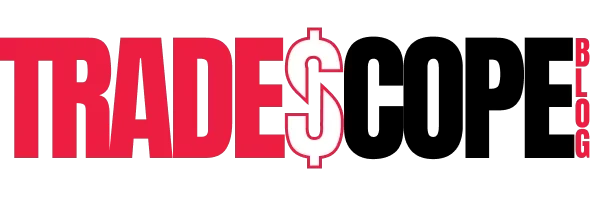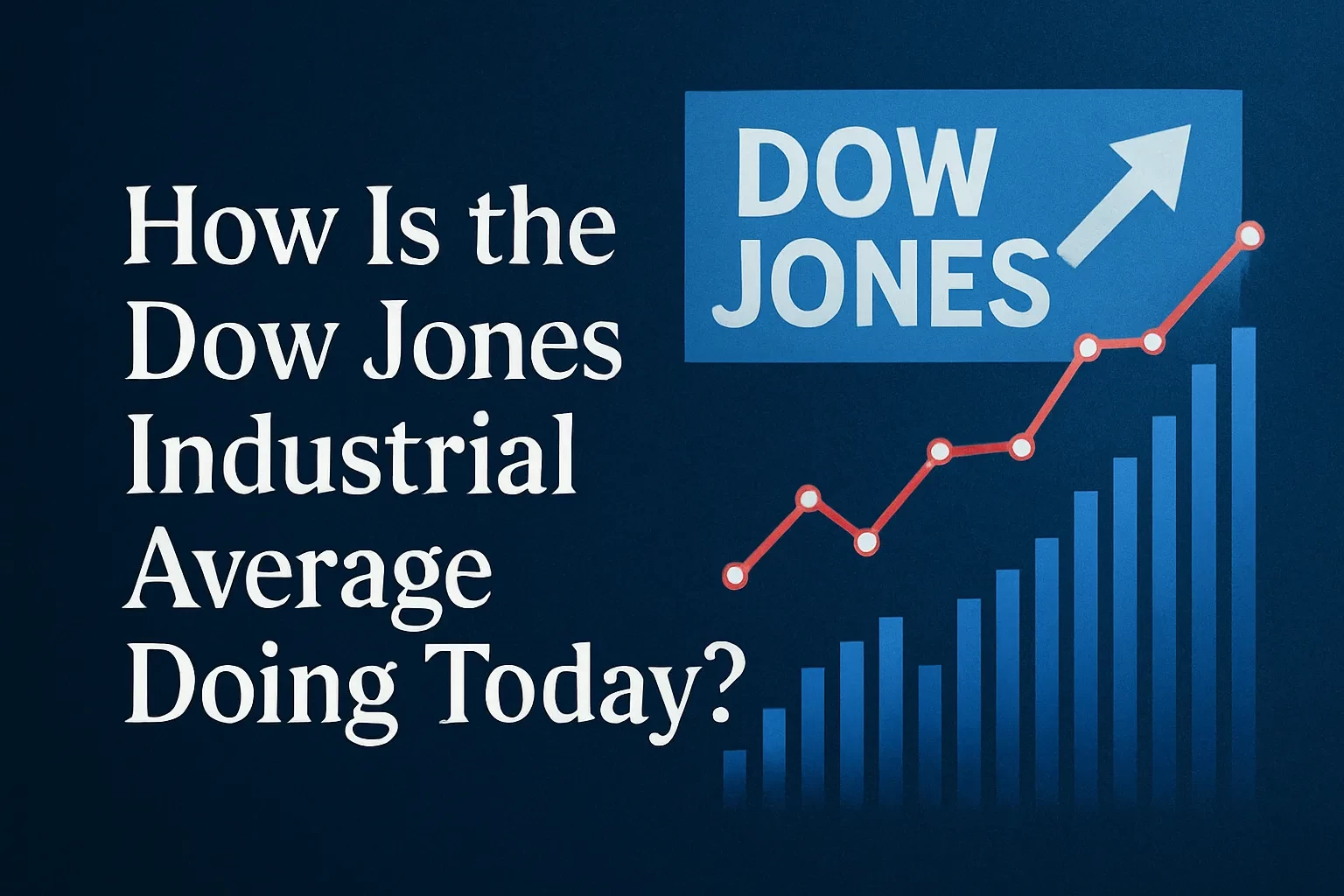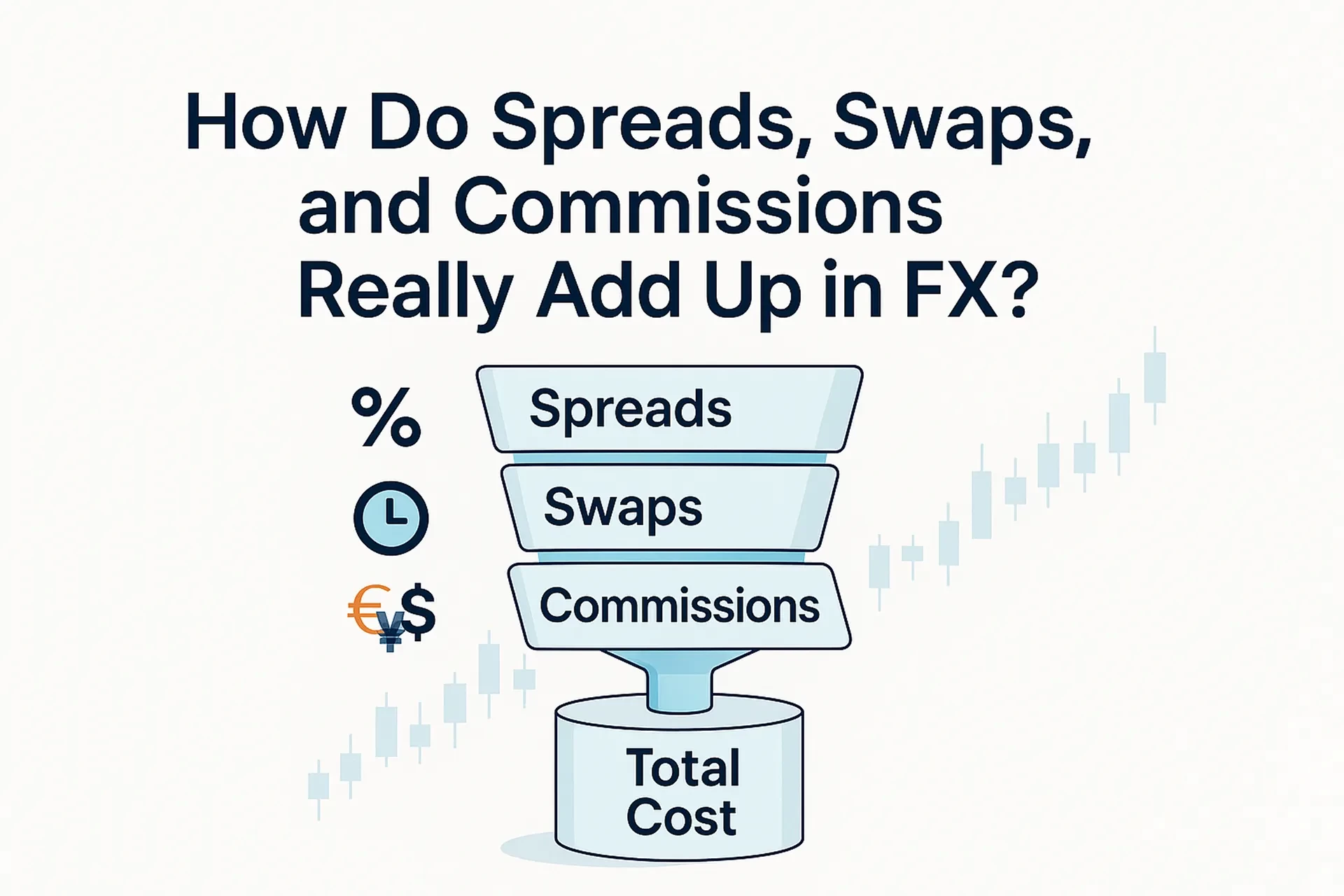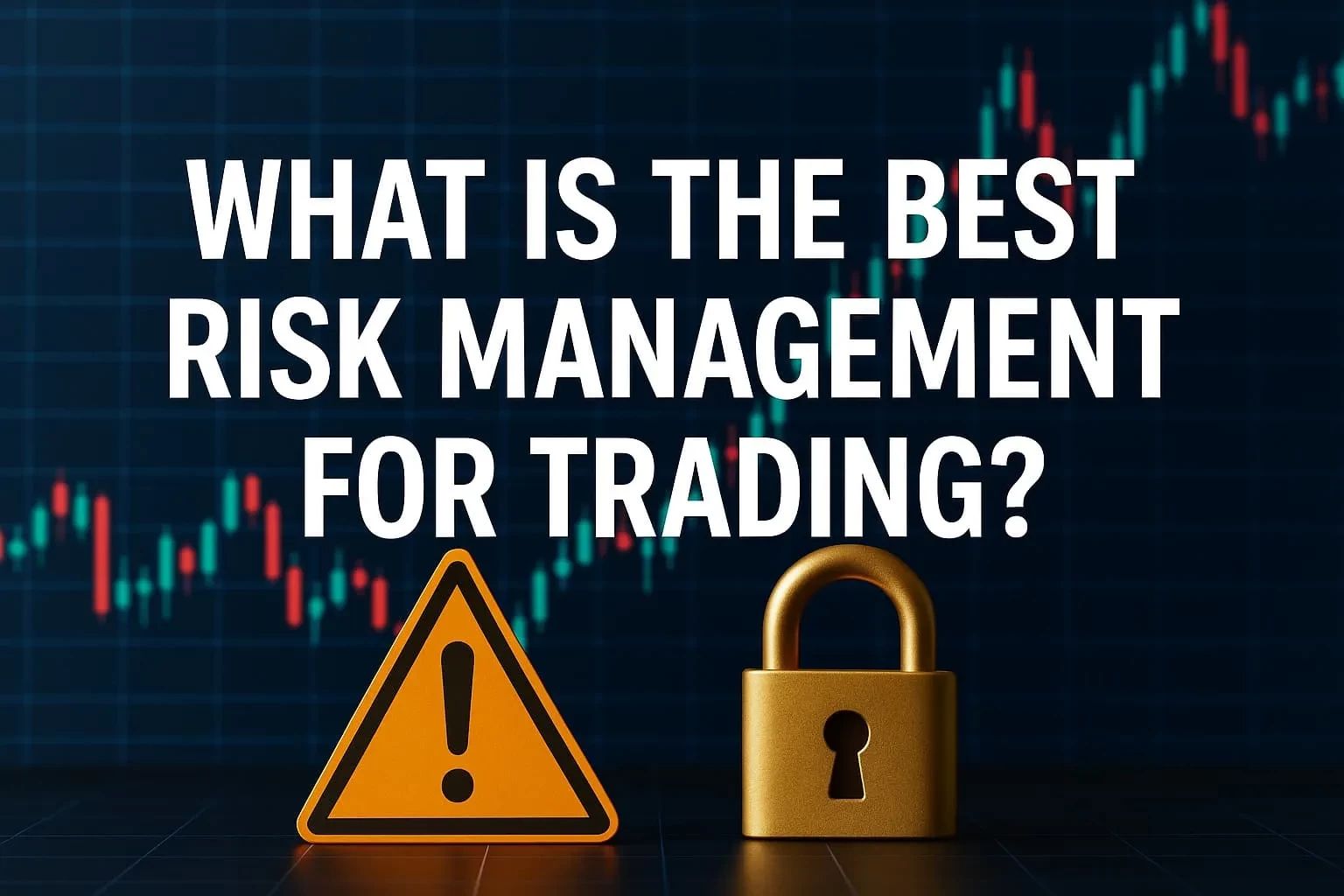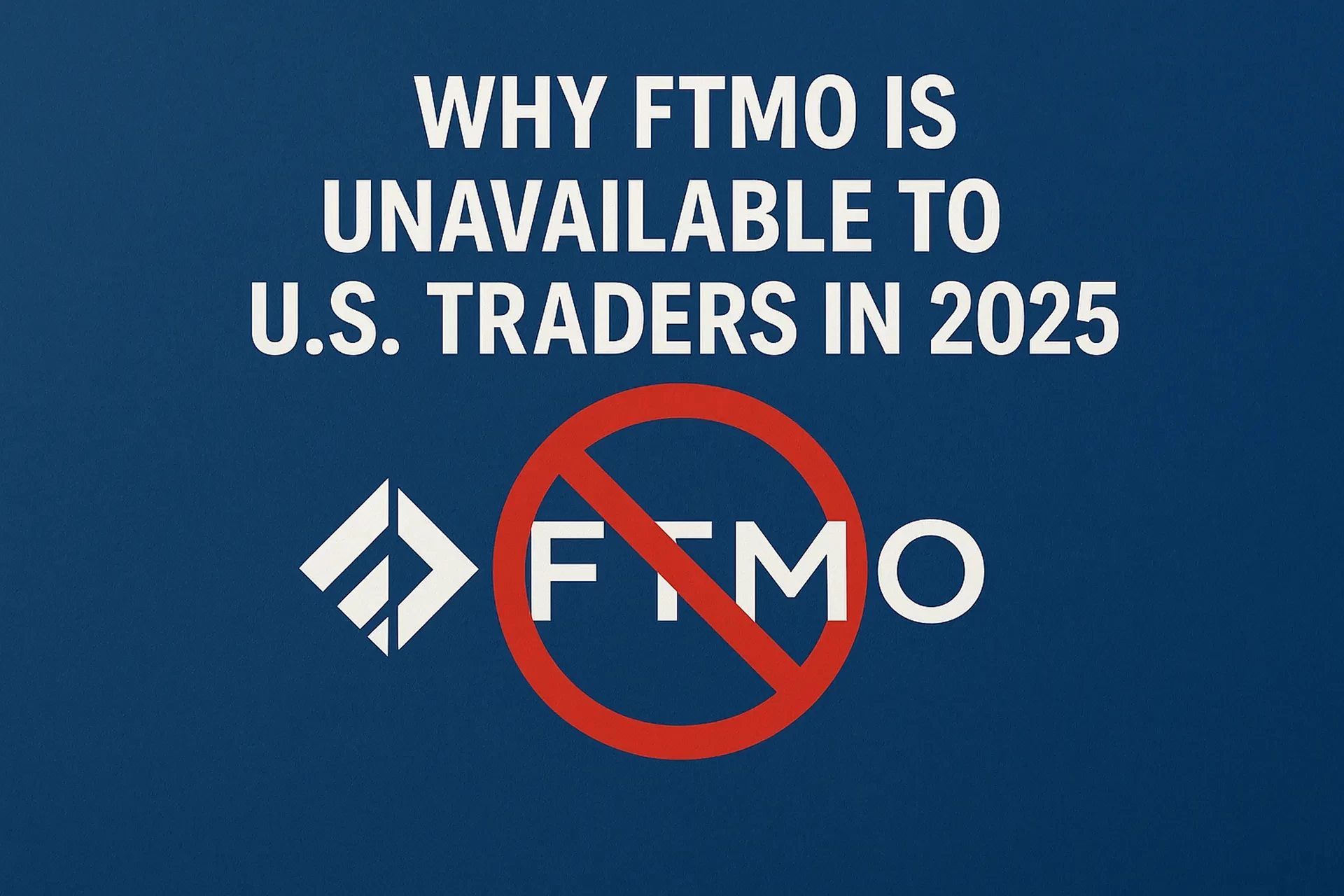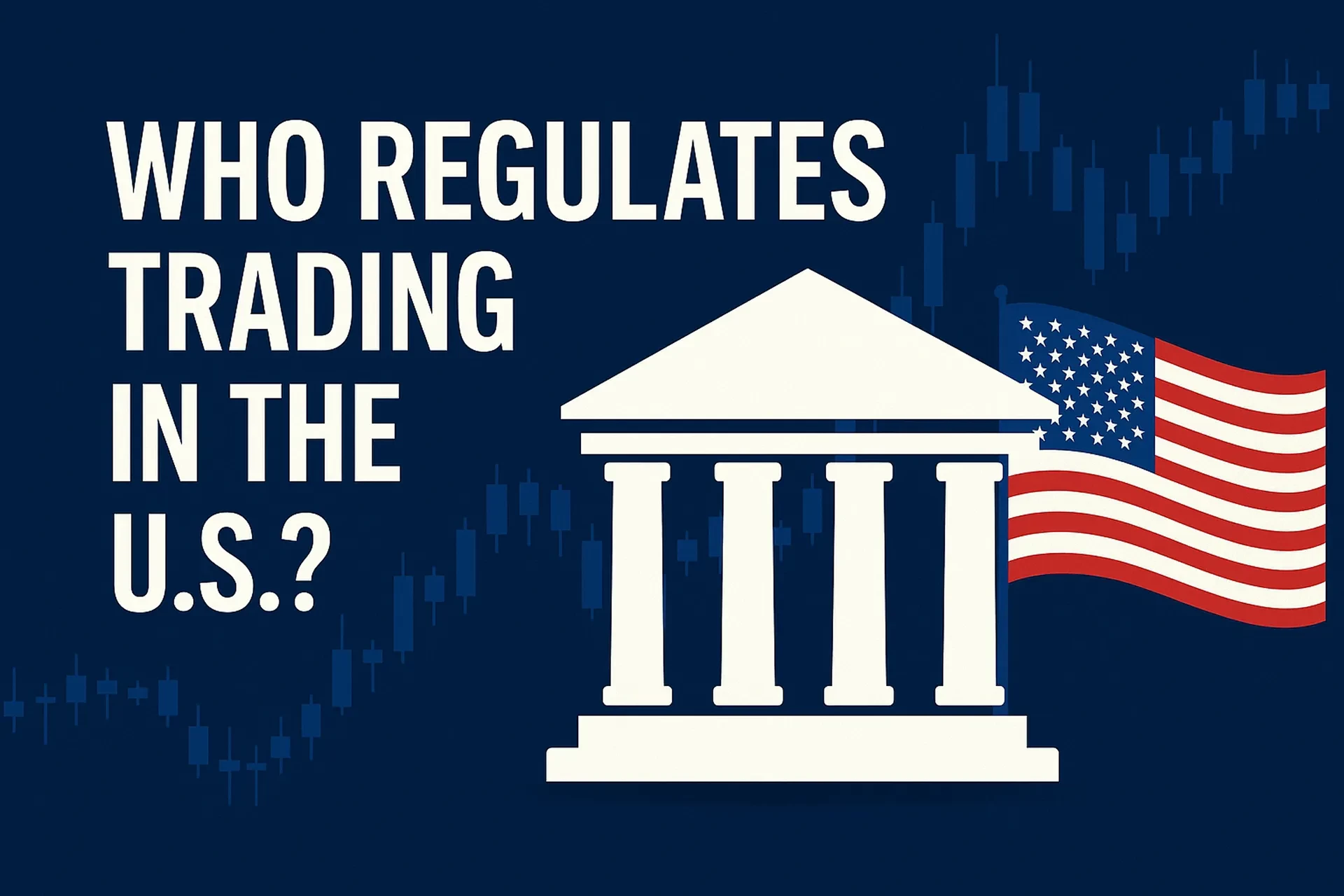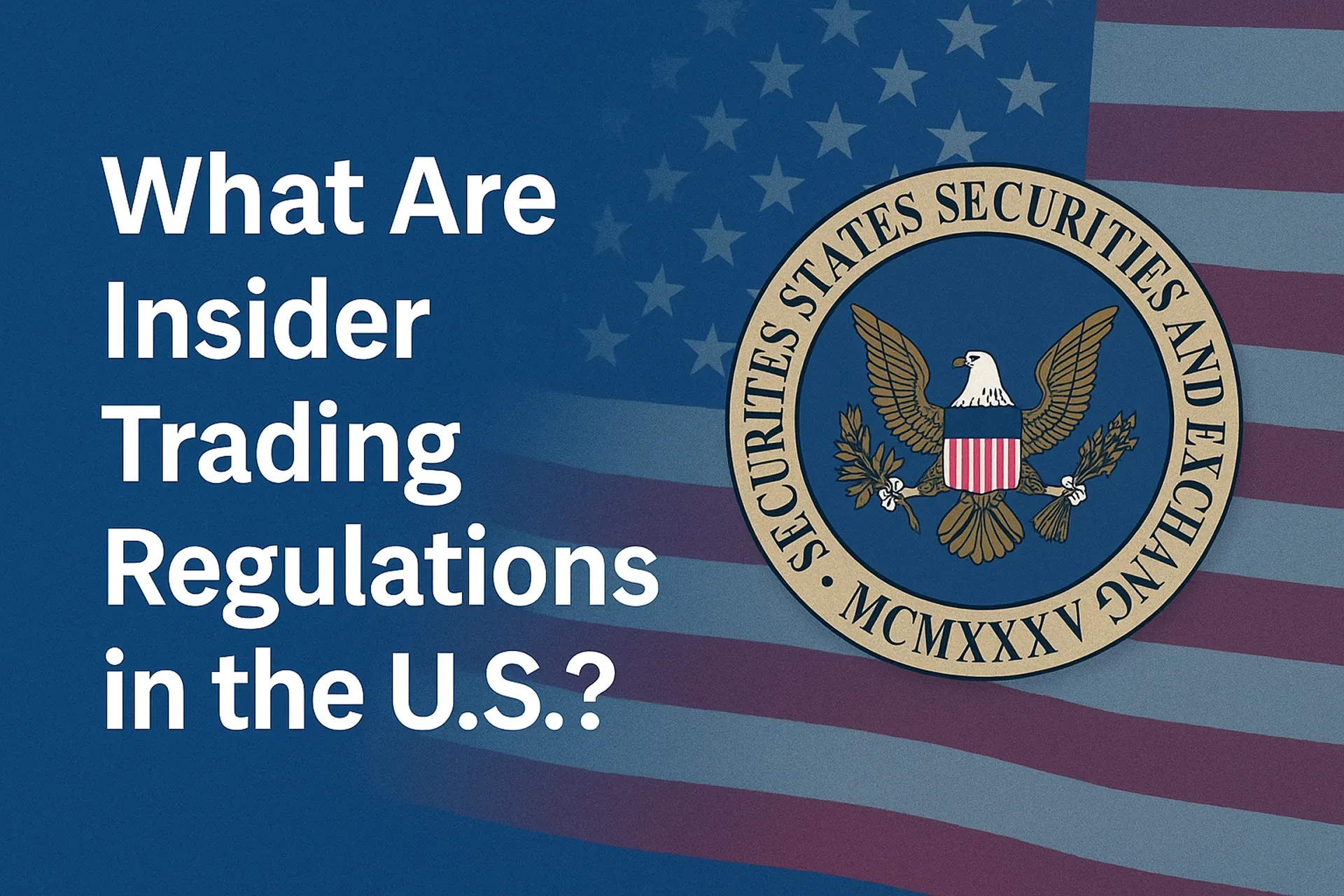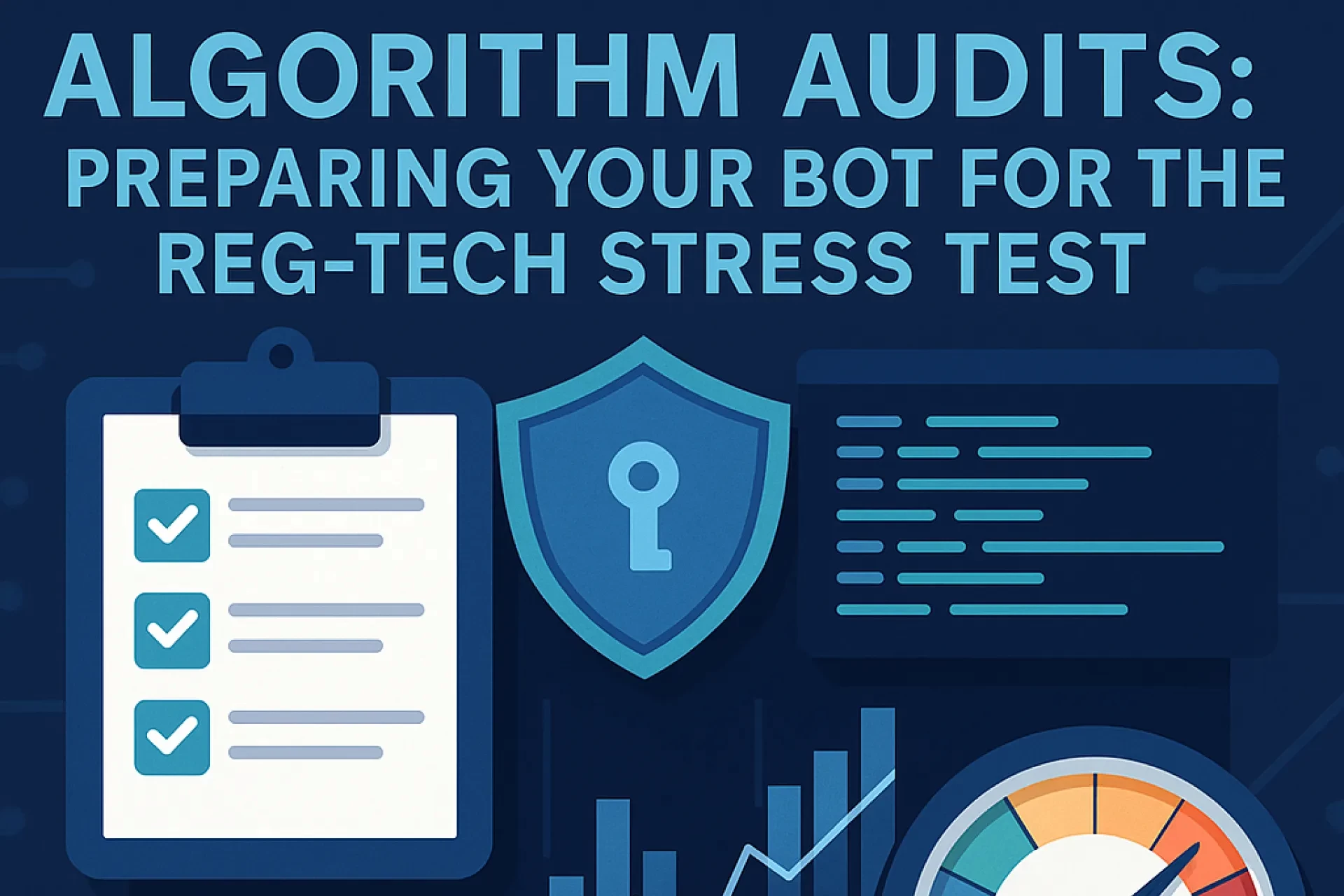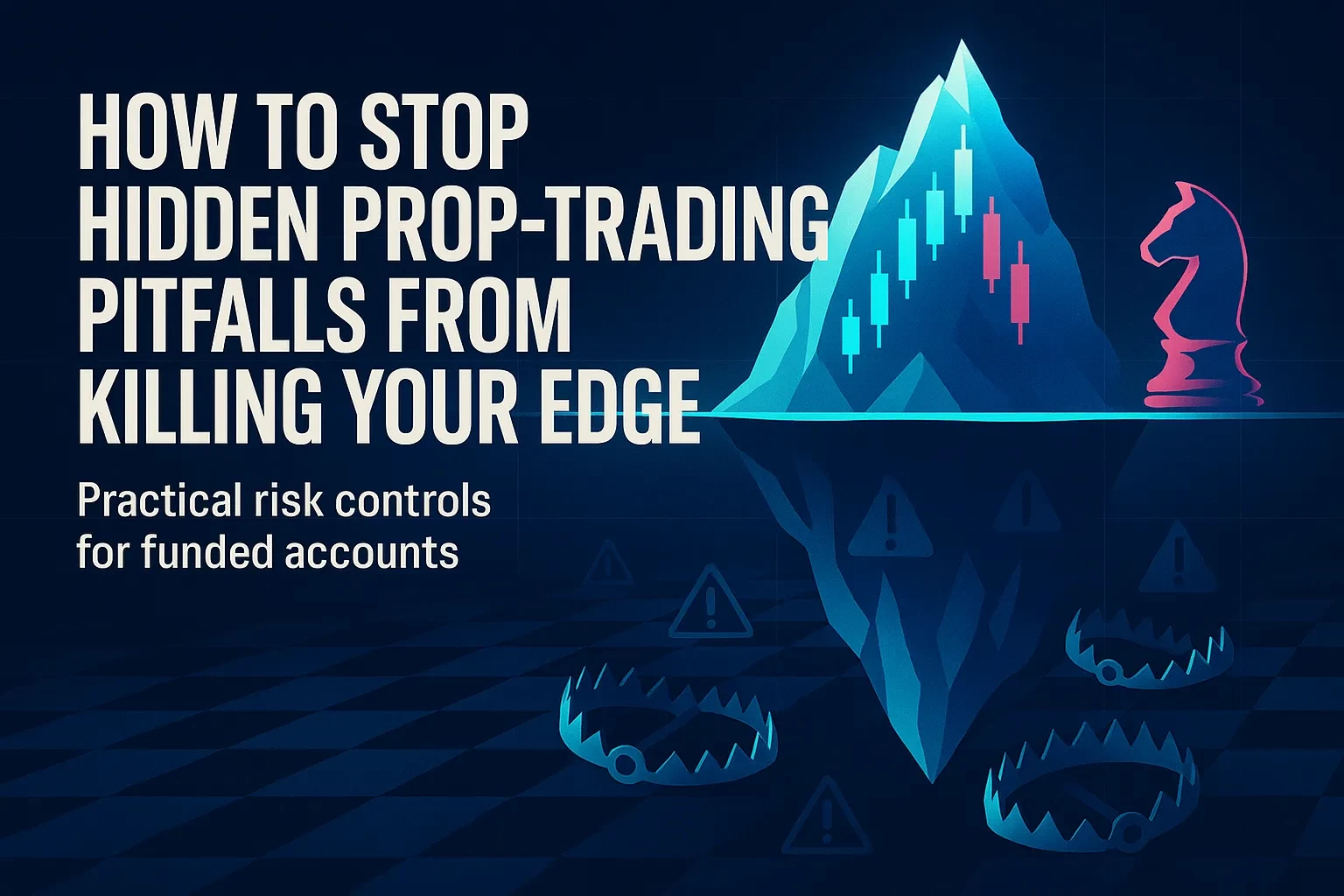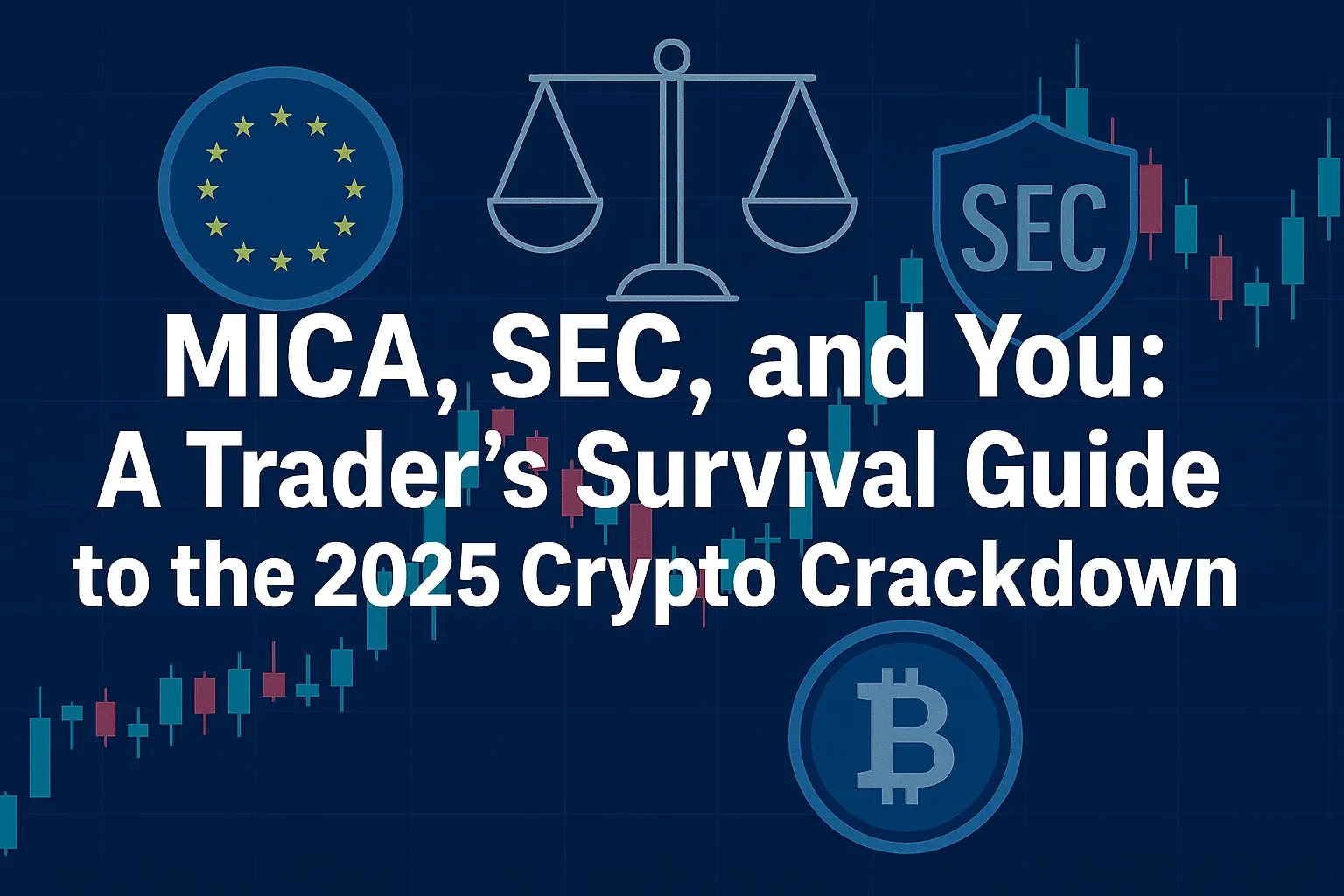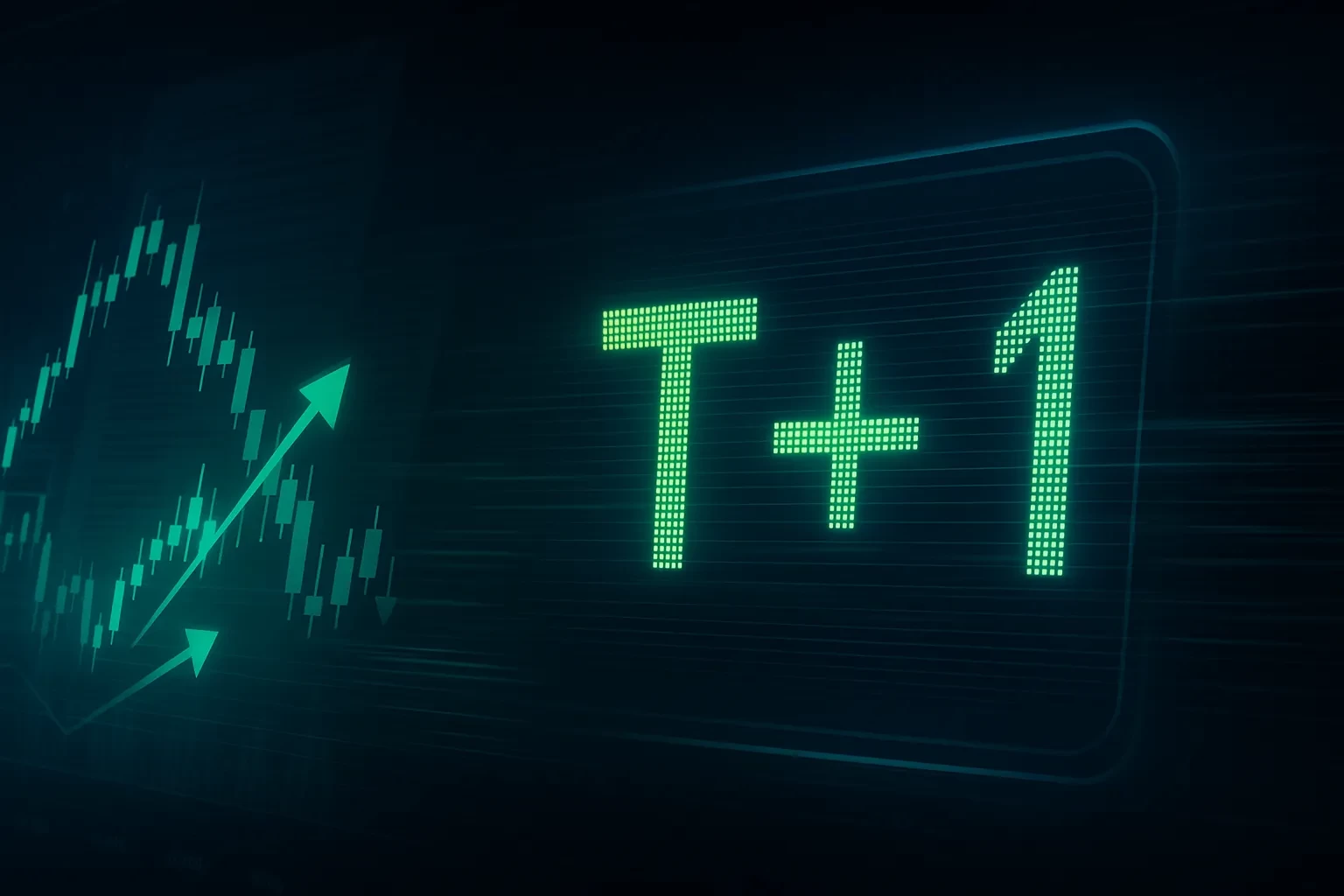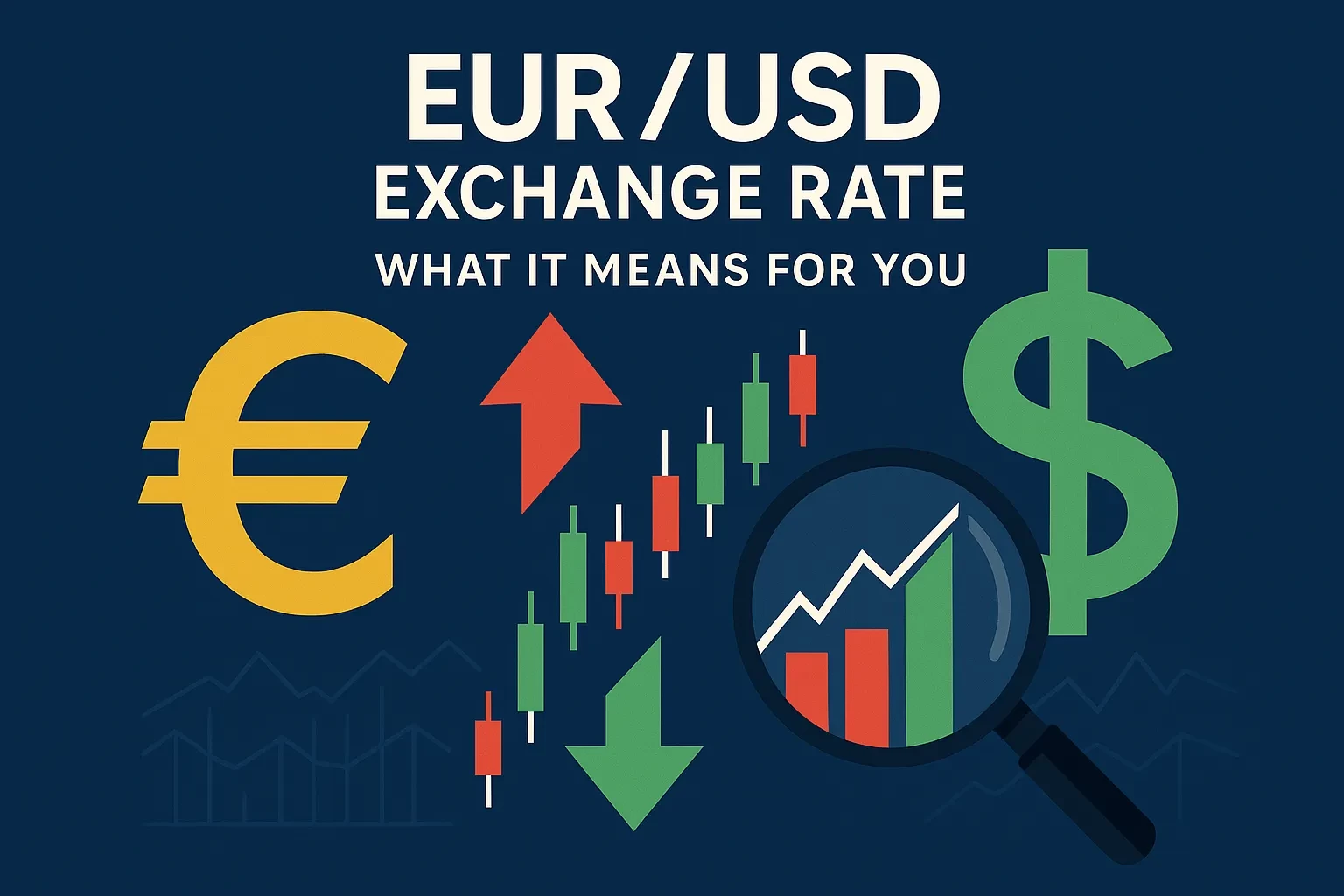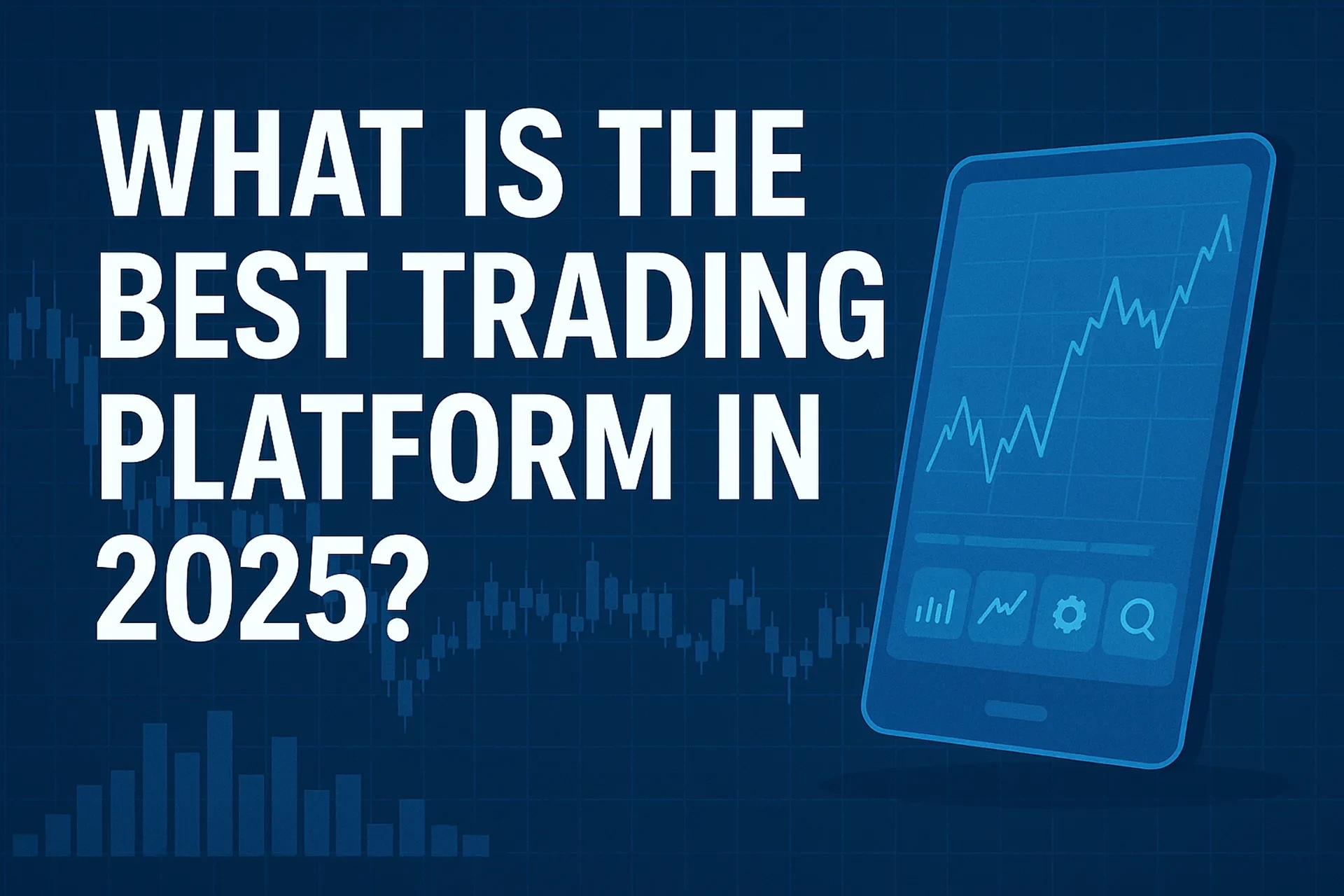Table of Contents
In the U.S. financial markets, insider trading isn’t just an ethical red line—it’s a legal one. With enforcement actions from the Securities and Exchange Commission (SEC) and criminal penalties from the Department of Justice (DOJ), insider trading is among the most aggressively prosecuted white-collar crimes today.
But the boundaries aren’t always clear. What counts as material nonpublic information (MNPI)? Can corporate officers legally buy or sell stock? What if an employee shares earnings info at dinner?
In this guide, we’ll break down what U.S. insider trading laws actually say in 2025, including definitions, major rules, enforcement trends, and compliance tips for traders, employees, and executives alike.
What Is Insider Trading?
Insider trading refers to buying or selling a publicly traded security while in possession of material nonpublic information (MNPI) about that security. This violates Section 10(b) of the Securities Exchange Act of 1934 and SEC Rule 10b-5.
There are two types:
• Legal insider trading: When corporate insiders trade company stock and properly disclose it (e.g., through Form 4).
• Illegal insider trading: When someone trades based on MNPI not available to the public or tips someone else who does.
Key Insider Trading Laws and Rules (2024–2025)
1. Securities Exchange Act of 1934 – Section 10(b) & Rule 10b-5
Bans manipulation or deception in connection with the purchase or sale of any security.
2. Rule 10b5-1 (Updated in 2024)
Clarifies that trading “on the basis” of MNPI—even if the person did not “use” it—can constitute insider trading.
2024 amendments include:
• Mandatory cooling-off periods (≥ 90 days) before trades under 10b5-1 plans can start
• No overlapping plans permitted
• Quarterly certifications of non-possession of MNPI
3. Insider Trading and Securities Fraud Enforcement Act of 1988
Allows the SEC to seek civil penalties up to three times the profit gained or loss avoided.
4. STOCK Act (2012, updated 2023)
Prohibits Members of Congress, staff, and federal employees from trading on MNPI learned through official duties.
What Counts as Material Nonpublic Information (MNPI)?
To be classified as MNPI, information must be:
• Material: A reasonable investor would consider it important when making a trading decision
• Nonpublic: Not broadly disseminated via SEC filings, press releases, or reputable news sources
Examples include:
• Earnings announcements not yet released
• Mergers or acquisition deals
• New product launches
• Regulatory approvals (e.g., FDA drug approvals)
• Executive resignations or scandals
Step-by-Step: How to Stay Compliant
Step 1: Understand Who Is an Insider
• Corporate officers and directors
• Employees with access to sensitive data
• Consultants, lawyers, and accountants
• Friends or family of insiders (if tipped)
Step 2: Know Your Trading Windows
Public companies often enforce blackout periods before earnings reports and major announcements.
Step 3: Use 10b5-1 Trading Plans
Pre-scheduled plans allow insiders to trade shares without violating insider rules, assuming strict setup requirements are met.
Step 4: Avoid Tipping
Giving others a tip based on MNPI is illegal—known as tipper-tippee liability.
Step 5: Report Insider Transactions
Executives and directors must file Form 4 within two business days of buying or selling company securities.
Pros, Cons & Risk Considerations
Pros of Insider Trading Regulations
• Promote market integrity and investor confidence
• Ensure fair access to information
• Reduce systemic risk caused by manipulation
Challenges for Companies and Traders
• Increased compliance burdens (audits, monitoring)
• Gray areas around “intent” and circumstantial MNPI
• Risk of over-criminalizing innocuous behavior
Risk Mitigation Strategies
• Train employees on MNPI and legal exposure
• Automate trade-reporting systems (e.g., via EDGAR)
• Monitor communication logs and set digital access controls
Table: Summary of Key Insider Trading Provisions (2024–2025)
| Rule / Law | Authority | Applies To | Key Provision | Recent Update |
|---|---|---|---|---|
| Rule 10b-5 | SEC | All traders | Bans deceptive trading practices | Active enforcement in 2025 |
| Rule 10b5-1 | SEC | Corporate insiders | Allows pre-planned trades | Amended 2024: cooling-off |
| STOCK Act | Congress | Lawmakers & staff | Bans MNPI trading by officials | Strengthened reporting 2023 |
| Form 4 Filing | SEC | Insiders | Report trades within 2 days | Monitored in EDGAR |
| DOJ Statutes | DOJ | Anyone | Felony charges + prison | Used in 2024 cases |
Real-World Case Study: The Biotech Executive and Earnings Leak
Scenario: In early 2024, a biotech CFO leaked pending FDA approval data to a friend via text. The friend purchased shares ahead of the announcement.
SEC Action:
• Both charged under Rule 10b-5 and tipper-tippee liability
• Civil penalties of $540,000
• DOJ pursued parallel wire-fraud charges
Outcome: CFO banned from serving as an officer of a public company.
Lesson: Even informal or indirect sharing of MNPI can trigger enforcement.
Common Insider Trading Mistakes and How to Avoid Them
| Mistake | How to Fix It |
|---|---|
| Trading during earnings blackout period | Wait for public earnings call & filing |
| Assuming family can trade your tips | Tipper-tippee liability applies—don’t share MNPI |
| Overlapping 10b5-1 plans | Use a single plan with 90-day cooling-off |
| Sharing info “off the record” | There is no safe harbor for casual leaks |
| Not filing Form 4 on time | Set automated SEC alerts & calendars |
Pro Tip: When in doubt, assume the info is material and delay trading until it’s confirmed public via an 8-K, earnings release, or press wire.
FAQs
Conclusion: Know the Line—and Don’t Cross It
Insider trading regulations in the U.S. exist to level the playing field and uphold confidence in capital markets. While executives, employees, and traders can legally buy and sell securities, they must do so transparently, pre-planned, and only with public information.
In 2025, enforcement is sharper, digital forensics are stronger, and the SEC’s appetite for prosecution is rising. Whether you're a retail trader or a CFO, insider trading isn't worth the risk. Know the rules, educate your circle, and when in doubt—wait until it’s public.
